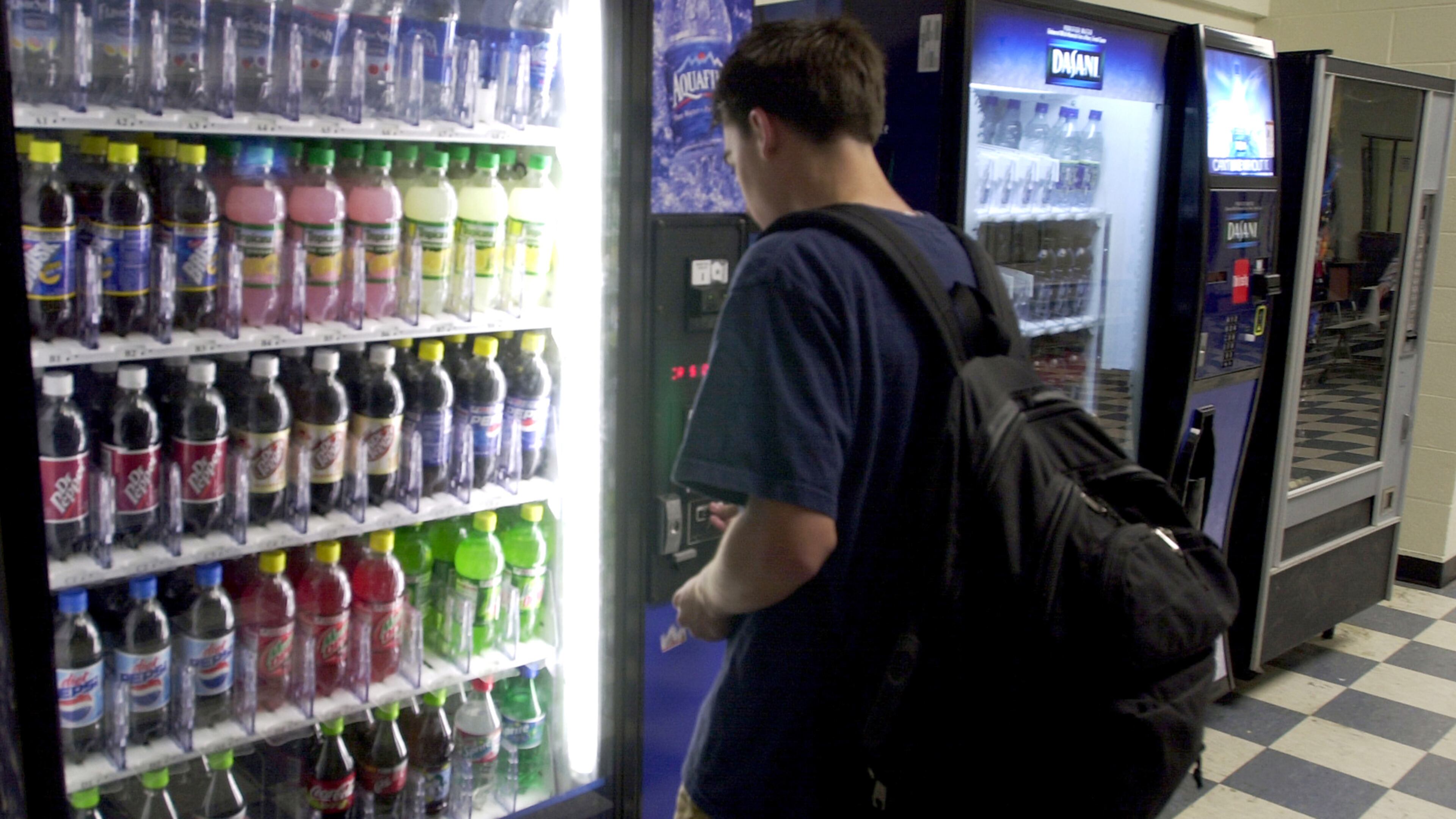Take a stand against sugary drinks

San Francisco lawmakers are spreading the word that soda may not be as sweet as once believed. Recently, they unanimously passed a resolution that – pending the mayor’s approval – would enforce mandatory health warnings on all advertisements for sugary beverages within the city.
The San Francisco Board of Supervisors argues the plan is analogous to advertising regulations imposed on tobacco and alcohol products and thus is justified on similar grounds. Like tobacco and alcohol use, soda consumption can be damaging to one’s health. The public interest is better served if people are reminded of this fact.
As a soda drinker myself — Diet Cherry Coke or ginger ale, if I’m picking my poison — I think Georgia should follow San Francisco’s lead. A resolution on sugary drinks is a quintessential example of good public policy.
First, the policy is centrally concerned with improving individual health. The Harvard School of Public Health concluded that regular soda consumption (one to two cans a day) is associated with a 26 percent higher risk of developing Type 2 diabetes, and a 20 percent greater risk of dying from a heart attack.
Additionally, unlike tobacco and alcohol products, sugary beverages are available to children for purchase and consumption. One cannot assume children are making informed and rational decisions about what they are putting into their bodies. Soda advertising needs to be supplemented with adequate health-related information.
Critics might decry this legislation as an example of “Big Brother” attempting to undermine personal freedoms. Arguably, one’s choice of beverage is a purely personal matter, and the government should keep its hands off. But this objection ignores two crucial realities.
First, the implications of unhealthy lifestyles are more wide-reaching than many might presume. According to a 2010 study by the Brookings Institution, U.S. obesity-related economic costs amount to about $215 billion a year. Clearly, the price of poor health decisions is not paid solely by the individuals making them.
Second, this policy does nothing to restrict or prohibit individuals from drinking soda — or any other sugary beverage. It is a no-brainer because it seeks to positively influence individual decisions without relying on coercive or restrictive measures. Rather than paternalistic laws that dictate what one can and cannot do, this policy’s only tools are information, education and an appeal to human reason.
It recognizes the dignity of human life on two levels: It acknowledges the unquestionable value of human health as well as the importance of promoting its preservation; and it affirms the sacred nature of human freedom and steers clear of its suppression.
I’m calling on Georgia to step up and adopt a similar resolution. This is an excellent opportunity for our state to make a name for itself as an advocate for individual freedom, personal health and, ultimately, human well-being.
With a certain popular beverage company headquartered in Atlanta, it goes without saying that Georgia would be a wild-card choice to implement this kind of policy. But this is the perfect chance for our state to demonstrate its commitment to people over profits.
Harry Truman said, “Where there is no leadership, society stands still. Progress occurs when courageous, skillful leaders seize the opportunity to change things for the better.” I think most of us would love to see this kind of courage from Georgia’s leaders; if anything, it would certainly be refreshing.
Ryan Rones, 22, is a Marietta resident and a 2015 graduate of the University of Georgia who will be attending law school at the University of Michigan.

